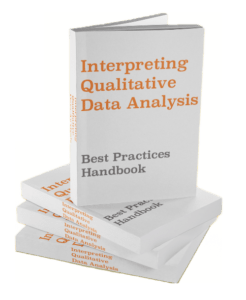Underwriter vs Auditor: What’s the difference?
Underwriters and auditors are separate and distinct jobs. While in some cases they may work on the same projects, they work under different scopes. Underwriters deal with risk and uncertainty, while auditors work with financial standards. An underwriter determines the value of risk involved in loans or insurance coverage, whereas an auditor ensures that a […]
Underwriter vs Auditor: What’s the difference? Read More »











